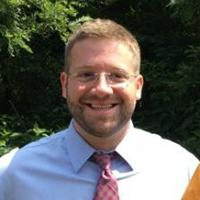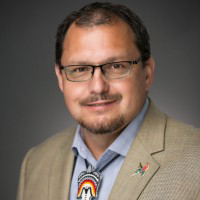
Event details
About this event
On Tribal lands, broadband access continues to be an issue, leaving Native communities behind in our increasingly virtual world. In an effort to close this digital divide, the federal government is distributing funds to support broadband access to the millions of underserved locations in the U.S., but the partnerships to leverage these different programs is a puzzle.
Join us for this network call to get answers to questions like:
- What are the funding gaps according to the federal office that is administering the grants?
- What are the real challenges Native communities face when applying for these funds?
- How can philanthropy strategically fill these gaps and remain within our respective funding guidelines?
We’ll get perspectives from a federal grantmaking entity, representatives from our Tribal Broadband Learning Community (TBLC) and philanthropy. During this meeting, we’ll be using a learning community model that encourages space for connection, learning and reflection as well as extending the call time to an hour and 30 minutes.
Speakers
Estakio Beltran, Community MemberEstakio works with local organizations to design community-driven innovations that improve social determinants of resilience, advocacy and health for rural communities. He is the former director of community innovations and advocacy at Yakima Valley Community Foundation and prior to that was senior advisor to the Director for Children’s Division for the State of Missouri. He has also served as staff at the U.S. House of Representatives and is a former congressional candidate.
Evan Feinman; Director, Broadband Equity, Access and Deployment (BEAD), U.S. Department of Commerce; National Telecommunications and Information Administration (NTIA)
Evan leads the $42.45 billion Broadband Equity, Access and Deployment Program. Previously, he was chief broadband advisor to the Governor of Virginia. In that role he developed and funded projects that put the state on track to be the first large state with universal broadband infrastructure. He also served as executive director of the Tobacco Region Revitalization Commission and as deputy secretary of Natural Resources for the Commonwealth.
Ernie Rasmussen, Executive Director, Bigfoot TeleCommunications of the Colville Tribes
Eligibility
Participation in this meeting is open to philanthropic organizations that currently make grants. This includes corporate giving offices, private and public foundations, community foundations, government grantmakers and CDFI institutions with a philanthropic focus. You do not need to be a Philanthropy Northwest member to participate, but do need to represent an organizational philanthropic institution. Please do not join this call if you are a nonprofit organization. If you are unsure about your eligibility, please contact JulieAnne Behar.


